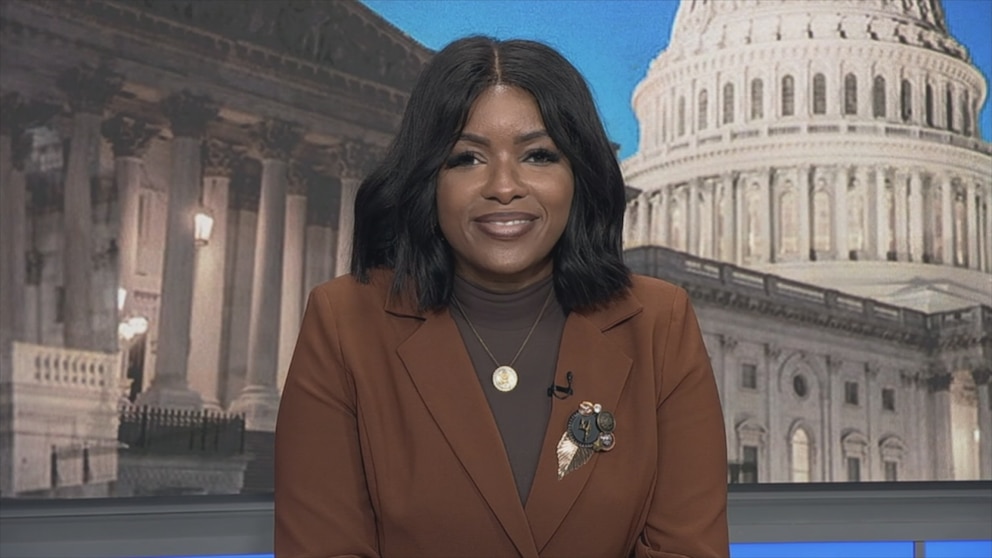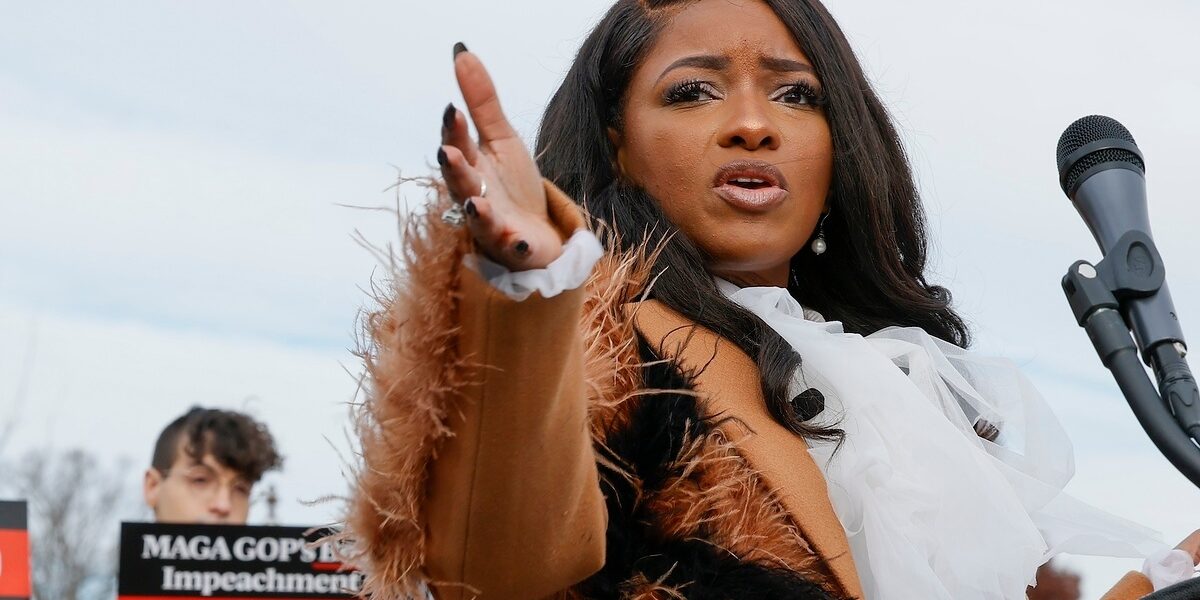NATIONAL OUTRAGE: Alex Acosta Under Fire—Oversight Committee Reveals Sweetheart Deal for Epstein
Today, the Oversight Committee convened a high-profile hearing with former U.S. Attorney Alex Acosta, reigniting national outrage over his handling of the Jeffrey Epstein case. According to committee testimony and investigative reports, Acosta approved a controversial plea deal in 2008 that has since been widely criticized as a “sweetheart deal,” effectively shielding Epstein from long-term accountability for his crimes.
Committee members pressed Acosta on the specifics of the arrangement, emphasizing that victims were silenced and that Epstein, a convicted predator, walked free while receiving minimal consequences. The hearing quickly became a flashpoint in public discourse, raising urgent questions about justice, political influence, and systemic failures in prosecuting high-profile offenders.
The Deal That Sparked Controversy
The plea agreement in question allowed Epstein to serve a 13-month sentence, much of it under a work-release program that permitted him to leave jail during the day. Victims were reportedly not fully informed of the plea deal, leading to feelings of betrayal and further trauma.
Committee members highlighted evidence that the agreement was negotiated privately, without transparency, raising suspicions that political or financial considerations influenced the outcome. One witness summarized the sentiment:
“The deal was structured to protect Epstein, not to deliver justice for his victims.”
Acosta, in response, defended his actions at the time, claiming that he was constrained by legal limitations and prosecutorial discretion. However, his explanations did little to assuage public outrage.
Victims Silenced
A central point of criticism during the hearing was the silencing of Epstein’s victims. Testimony revealed that the non-prosecution agreement included provisions preventing victims from being fully heard or participating in the judicial process.
“They were denied their voice in court, denied justice, and denied closure,” one committee member said.
This revelation has fueled broader debates about victims’ rights and the responsibilities of prosecutors in high-profile cases. Legal scholars argue that ensuring victims’ participation is not merely ethical—it is fundamental to a functioning justice system.
Public Reaction
The hearing sparked immediate and intense reactions across social media and news outlets. Hashtags like #AcostaHearing, #EpsteinDeal, and #JusticeForVictims quickly trended, reflecting widespread public concern and anger.

-
Supporters of strict accountability argued that Acosta’s deal represents a gross miscarriage of justice, illustrating how power and influence can undermine the legal system.
-
Critics of the hearing claimed that revisiting past decisions ignores the constraints prosecutors face, including statutory limitations and the evidence available at the time.
-
Victims’ advocates emphasized that the focus should remain on the survivors, not the political theater surrounding Acosta.
The public debate has been particularly heated on platforms like Twitter, where viral threads dissected the plea deal, compared it to other high-profile cases, and debated the broader implications for prosecutorial accountability.
Media Coverage
National and international media quickly covered the hearing, framing it as a test of accountability for high-ranking officials. Conservative outlets highlighted procedural aspects, questioning whether Acosta was being unfairly targeted for decisions made under legal constraints. Progressive outlets emphasized moral and ethical failures, portraying the plea deal as emblematic of systemic injustice that favors wealthy and powerful offenders.
Opinion pieces debated whether Acosta should face legal consequences, professional sanctions, or political accountability, and the conversation extended beyond Epstein to include other cases where prosecutorial discretion was allegedly influenced by privilege or connections.
/https://static.texastribune.org/media/files/6c238db317b78730df68dec2497b0beb/0402%20Jasmine%20Crockett%20REUTERS%20TT%2001.jpg)
Legal and Ethical Implications
Experts in law and ethics weighed in on the broader implications of the hearing. Questions raised include:
-
How much discretion should prosecutors have in negotiating plea deals for high-profile offenders?
-
What safeguards should exist to prevent silencing of victims?
-
How do financial or political influence and public perception affect the justice system?
Dr. Lisa Cortez, a legal ethics scholar, noted:
“The Acosta-Epstein case illustrates a critical failure in balancing prosecutorial discretion with the need for transparency and victim advocacy. The perception that wealth and connections can buy leniency erodes public trust in the legal system.”
Political Fallout
The hearing has already produced significant political fallout. Some lawmakers are calling for reforms to strengthen oversight of plea agreements, while others are using the hearing to critique the broader justice system. Acosta’s reputation has taken a severe hit, with critics arguing that the hearing confirms long-held suspicions about favoritism and corruption in high-profile prosecutions.
Supporters of Acosta contend that revisiting the 2008 deal ignores legal realities and prosecutorial constraints, warning that public outrage may overshadow nuanced understanding of complex cases.
Broader Social Implications
The case highlights ongoing societal concerns about justice, inequality, and accountability. Epstein’s ability to evade long-term consequences has been interpreted by many as evidence that the powerful can manipulate the system, while ordinary victims face much harsher penalties.

This perception has fueled activism, public protests, and calls for legislative reform to ensure that all individuals, regardless of wealth or influence, are subject to the same standards of justice.
Conclusion
The Oversight Committee’s hearing with Alex Acosta has reaffirmed what many already believed: Epstein received a lenient plea deal, victims were silenced, and accountability was compromised. By exposing the failures in this high-profile case, the hearing has reignited national debates over justice, prosecutorial discretion, and systemic inequities.
As the country watches, questions linger: Will reforms be enacted to prevent similar miscarriages of justice? Will Acosta face additional scrutiny or consequences? And most importantly, will the voices of victims finally take precedence over political maneuvering and influence?
In an era of widespread distrust in institutions, the Acosta-Epstein hearing serves as a stark reminder that the public demands real accountability, transparency, and a justice system that works for all, not just the privileged few. The conversation is far from over, and the repercussions of this hearing will likely shape discussions about prosecutorial responsibility, victim advocacy, and systemic reform for years to come.





